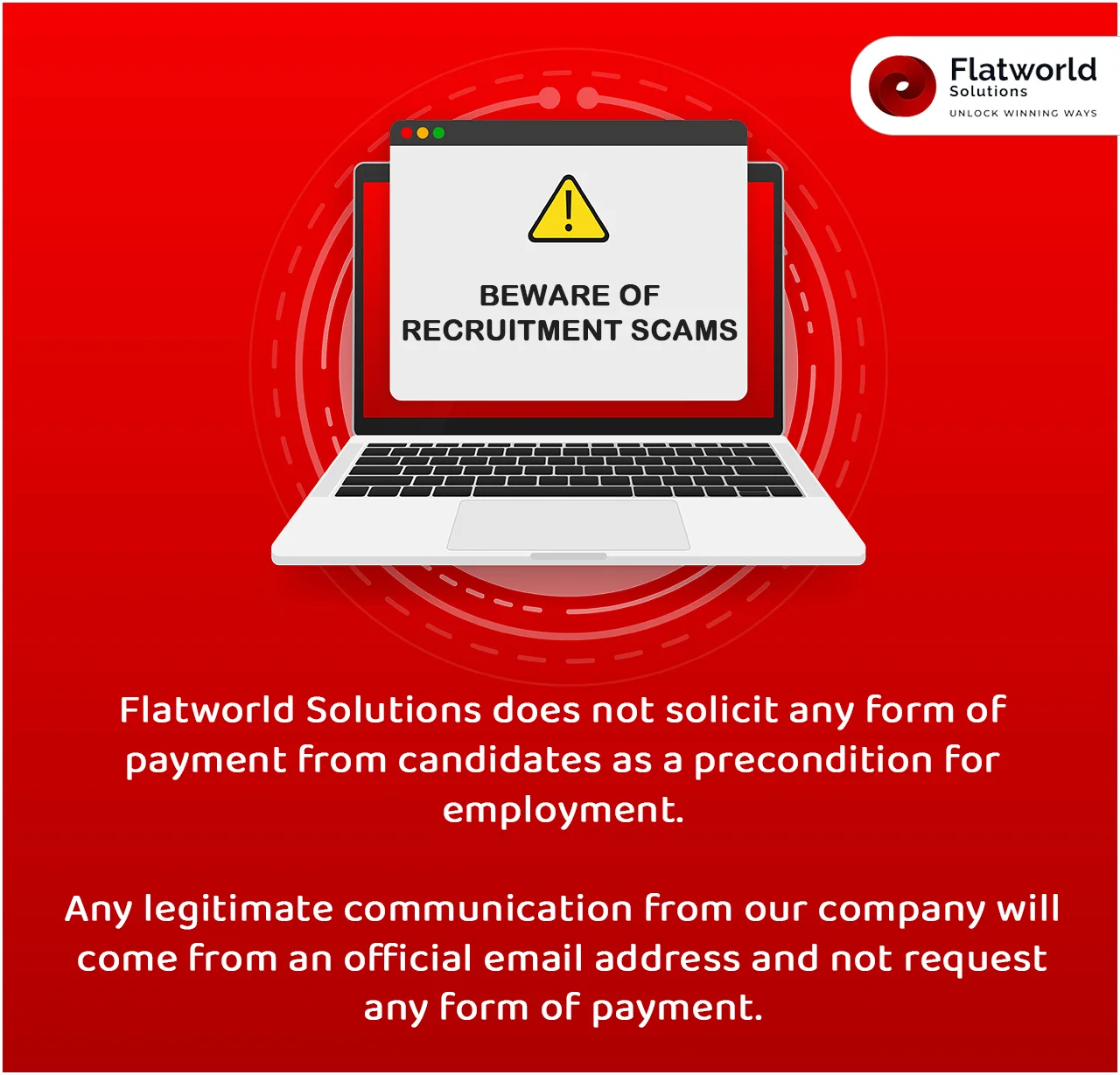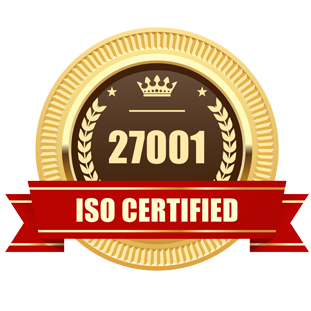The Covid-19 pandemic caused significant upheavals across all sectors of the economy and although one would have expected the mortgage industry to suffer too, in reality, it was quite the opposite. The mortgage industry in 2020 saw record low interest rates and this fueled the refinance boom as millions of homeowners were able to save significantly on their monthly payments. With an abundance of volume and thick margins, mortgage lenders were a pleased lot and, if anything, the only real worry for them was how to scale up operations to meet the large volumes coming in.
Many thought that this dream run in the mortgage industry would continue into 2021. However, a slight uptick in interest rates beginning in February 2021 started to change things around. The potential refinance pool was significantly reduced due to this uptick in rates and mortgage lenders began to see volume declines of over 20% causing them to cut down on margins to stay competitive. While we are in the early part of 2021, it is largely looking like the mortgage industry will continue feeling the full impacts of the Covid-19 pandemic this year as well.
Read on to know more about the driving forces that have affected the mortgage industry in 2020 and what the year 2021 has in store for the industry.
Ways in Which Covid Impacted the Mortgage Industry in 2020
The Covid-19 pandemic has had widespread effects across economies and industries, and the mortgage industry is no exception. However, the impact of the pandemic on the mortgage industry in 2020 was mostly positive due in large part to the low interest rates during the period.
Indeed, 2020 was a record year for the mortgage industry, with the industry volume almost doubling (touching $ 4 Trillion). It would have been difficult or downright impossible for any economist to predict that the industry volume would grow so much right in the middle of a once-in-a-generation pandemic. Yet, this is exactly what happened. There were two main ways in which the Covid-19 pandemic affected the mortgage industry in 2020. These are -
-
Interest Rate Reduction

Even though the Covid-19 pandemic slowed the global economy considerably, it was a bumper year for the US mortgage industry, what with low-interest rates that all but ensured that millions of home buyers were able to save on their monthly payments. This led to a boom in the refinance market. The low-interest rates look set to continue into 2021, although there has been a slight upward movement in the last few weeks, which has resulted in lenders reducing their margins to stay competitive.
-
Moratorium Options

The pandemic resulted in many states imposing strict lockdowns and stay-in-place mandates, which contributed to a large rise in unemployment. To counter the risk of borrowers not being able to make their monthly payments, the US government rolled out a moratorium option for those who couldn't pay their mortgages due to financial hardship. Originally the moratorium was supposed to end in March 2020 but it has now been extended to the end of this year.
Mortgage Industry in 2021 - What Does the Situation Look Like?
In 2021, mortgage lenders saw a slight upward movement in rates, resulting in them having to cut down on margins to stay competitive. It is safe to say that the effects of the pandemic will continue to be felt in the mortgage industry well into 2021 and beyond. Some of these are -
-
Margin Suppression

At the beginning of 2021, with interest rates continuing to stay low, there was a slight upward movement in Feb 2021, which significantly reduced the potential refinance pool. With lenders experiencing volume declines of over 20%, they were compelled to reduce their margins to remain competitive. The average price of originating a mortgage inched closer to $9000 and while this hardly mattered when lenders could decide their margins due to high volumes, they now realized that the only way to remain competitive was to lower margins. "Margin Suppression" was now a phrase at the beginning of 2021 that mortgage lenders were beginning to take more seriously.
-
Operational Cost Reduction

The reduction in margins led to several lenders reevaluating strategies to remain competitive. Many lenders were compelled to reduce the operational cost for originating, servicing, processing, and closing loans, which is something that they had control over as compared to the other components that contribute to the total cost of originating loans. The difference in rates and fees can have a significant impact on the volume coming in. Therefore, lenders have found the need to leverage best practices and efficient operations to save on operational costs and provide a better customer experience.
-
Increase in Delinquency Rates

2020 witnessed a record number of delinquencies brought on fully or partly due to the emergence and spread of the Covid-19 pandemic. With the impact of pandemic-related business closures spreading to almost all parts of the US, delinquencies continued to rise. Unemployment also meant that borrowers were less able to make their payments. However, a moratorium option introduced by the government to help those with financial hardships blunted a significant portion of this effect. A continued weak economy in 2021 could push more borrowers over the edge and result in more delinquencies. However, federal stimulus packages may help to brunt some or all the effects of the pandemic on the ability of people to make their payments.
-
Modernization of Technology

Mortgage servicing and origination witnessed significant cost pressure to reduce their transaction cost. Uncertainty around when vaccines would be available and the possibility of successive surges in Covid-19 infection saw a rise in the shift towards virtual home buying, and this trend continued into 2021 and will continue into the near future. Innovations in the industry like eClosing will turn out to be a high priority for many states and originators will be forced to invest in modernizing their legacy systems to adapt to new environments.
Solution - How We Address Margin Suppression at Flatworld
There are multiple ways in which we enable clients to deal with "margin suppression" at Flatworld Solutions. Our significant years of experience have taught us that, in the mortgage industry, there are significant steps that can be taken to reduce operational costs and boost productivity. We have seen that leveraging the right technology at the right time can lead to substantial improvements to the bottom line. With that being said, here are some factors that we have been targeting to help our clients in the mortgage industry.
-
Regulatory Technology
The regulatory landscape for the mortgage industry is expected to see several changes as State and Federal authorities begin to provide services aimed at helping a large section of society, similar to how they did so during the mortgage crisis and recovery. Banks will be expected to quickly adapt to these changing regulations by adopting various mechanisms like robotic process automation, rules-driven configurable workflows, and API-based integration. We, at Flatworld Solutions, are ready to adapt to changing regulatory landscapes to help our clients make the most out of governmental and industry interventions.
-
Data and Artificial Intelligence (AI)
The pandemic caused lenders to experience huge delays in payments and there was also a subsequent large increase in the number of delinquent accounts. This resulted in lenders having to extensively focus on loan collections, modifications, and forbearance, as well as on bankruptcy and the related servicing processes. The pandemic will also see banks invest in AI and predictive analytics capabilities to come up with effective strategies to address customer segmentation and reduce financial impacts. Flatworld Solutions has the edge over other outsourcing companies because we have experience in leveraging the power of data, AI, and predictive analytics.
-
Cloud and Cybersecurity
Lenders have witnessed eroding margins due to the pandemic. This together with the high cost of compliance has forced many banks to adopt cloud platforms to reduce the cost of origination per loan and the cost of servicing. The new work-from-home normal also presents many risks for cyberattacks, and banks will have to invest in cybersecurity and threat monitoring capabilities to significantly reduce these risks. We can significantly help clients enhance the cybersecurity and cloud migration of their data to accelerate their digital transformation journey in the post-Covid-19 world.
-
Leveraging Technology
There is significant potential for lenders to leverage technology at almost every step of the process. Multiple departments spend a significant amount of time on various tasks like sending out initial disclosures, underwriting, processing, and closing a mortgage transaction. A mortgage application can get reviewed anywhere from 10 to 20 times during a transaction. Leveraging technology can significantly reduce this time. Technological solutions like our proprietary mortgage automation tool, MSuite, can recognize, read, and analyze mortgage applications and help to reduce the repetitive manual effort. Our mortgage specialists are on the cutting-edge of new technological developments and will always incorporate best practices to enhance efficiency, reduce manual effort, and cut costs.
Outsource Mortgage Services to Flatworld Solutions and Provide the Most Secure and Reliable Customer Experience
Flatworld Solutions is a leading mortgage outsourcing company that offers highly cost-effective, secure, and professional services to a global and diverse clientele. With us by your side, you can boost productivity and efficiency, cut costs, and maintain compliance with all industry regulations. We also continually invest in our people and will always make use of the industry's best practices and technologies to provide services that are a cut above the rest.
We have earned our stripes over many years of our operations servicing clients in the mortgage industry and are now recognized as a thought leader in the industry for automation and outsourcing. We have also created an automation tool called MSuite to perform data and document classification that is probably the best in the industry and this has enabled us to provide more cost-effective, accurate, and reliable services. Even though we have been in business for several years, we still feel like we're only just getting started.
If you are looking for highly secure and professional mortgage services, contact us now to take a productive route to success.
Contact UsOur Customers





Case Studies
-
Flatworld's Automated Solution - MSuite Reduced Loan Closing Time Significantly for a US Client
-
FWS Used its Tool, MSuite, to Enable a Leading Mortgage Company Streamline its Processes
-
FWS Used its Tool, MSuite, to Enable a Leading Mortgage Company Streamline its Processes
-
FWS Automated the Data Indexing and Extraction Process Using its Tool, MSuite, For a Top Mortgage Company
-
Flatworld Automated Underwriting Processes for a Leading US Residential Lender

USA
Flatworld Solutions
116 Village Blvd, Suite 200, Princeton, NJ 08540
PHILIPPINES
Aeon Towers, J.P. Laurel Avenue, Bajada, Davao 8000
KSS Building, Buhangin Road Cor Olive Street, Davao City 8000
INDIA
Survey No.11, 3rd Floor, Indraprastha, Gubbi Cross, 81,
Hennur Bagalur Main Rd, Kuvempu Layout, Kothanur, Bengaluru, Karnataka 560077




